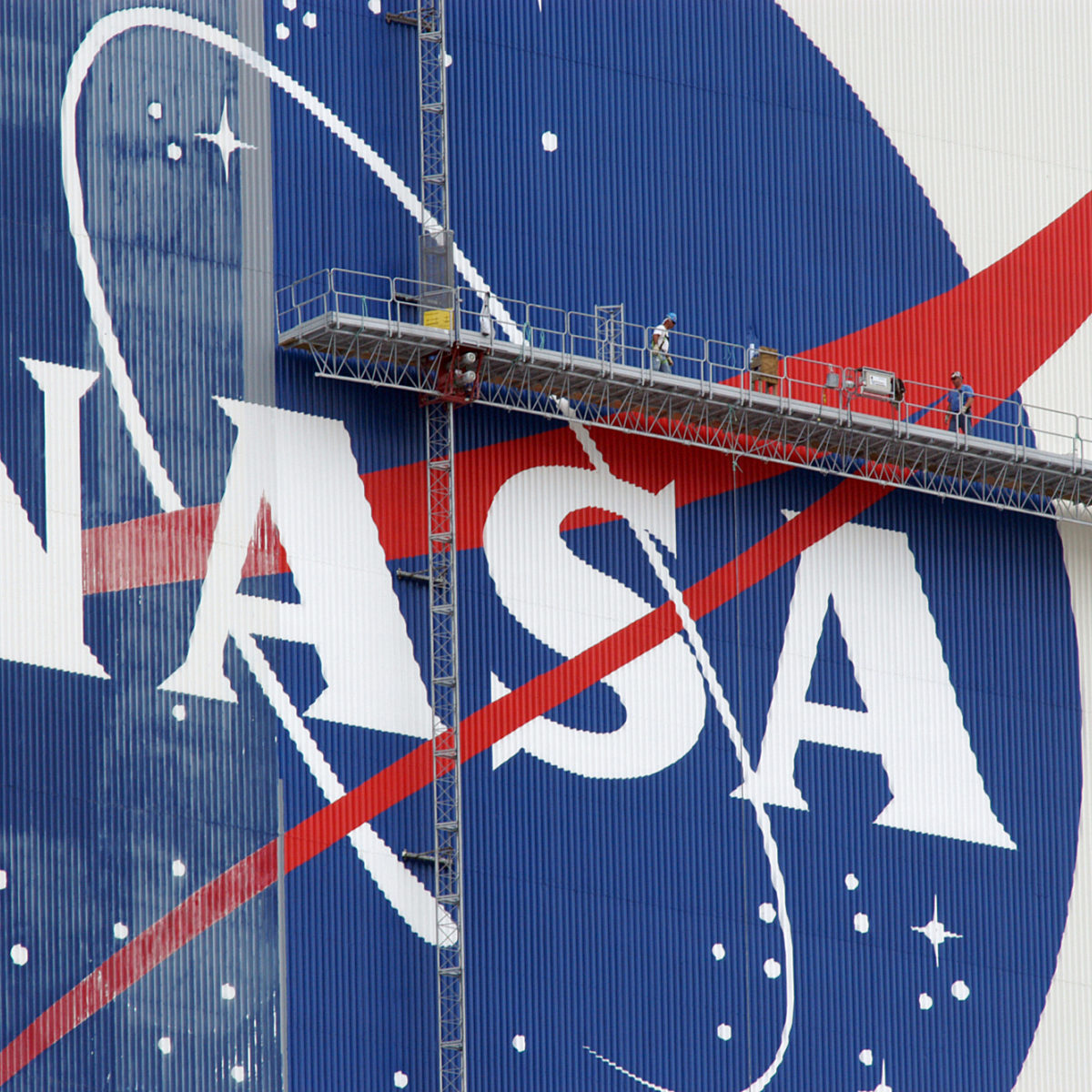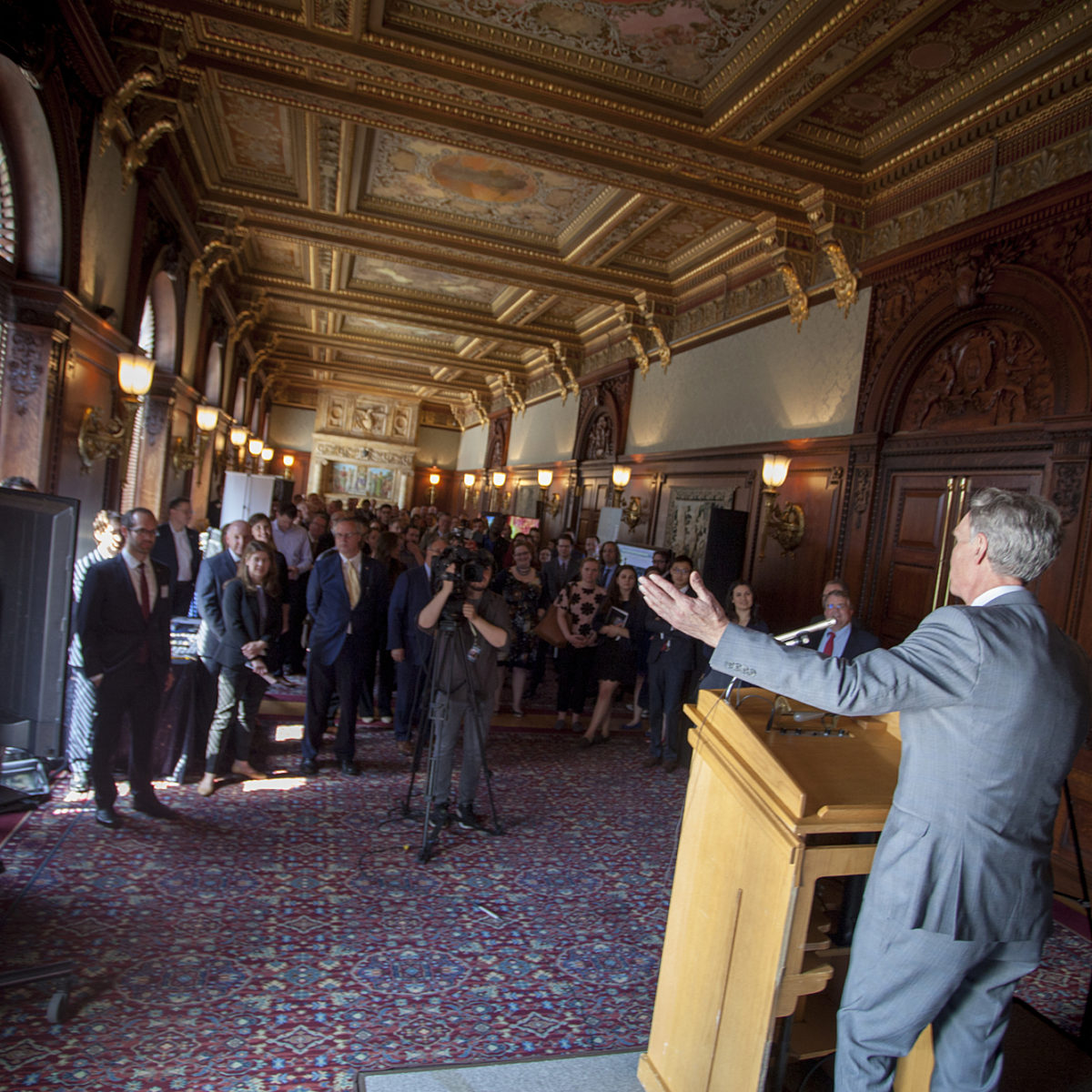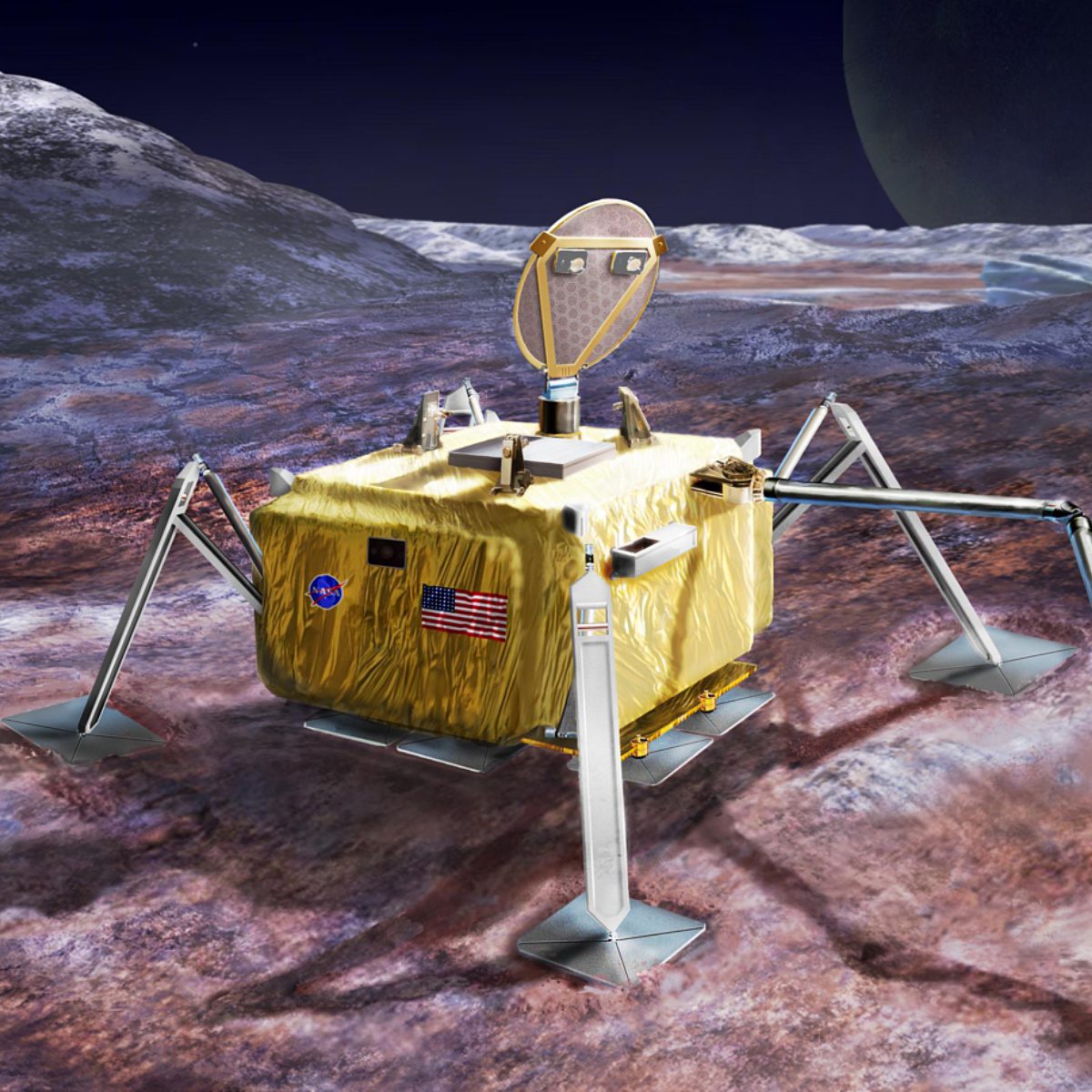All
All
Stories, updates, insights, and original analysis from The Planetary Society.
Miseries mount as shutdown drags on
The partial government shutdown that shuttered NASA continues with no end in sight. The U.S. space program sits idle, the vast majority of its workforce sent home. Space science and exploration projects are disrupted. Paychecks are absent. And an unsettling realization has dawned on hundreds of thousands of public employees and contractors affected by the shutdown: this time is different.
Happy Holidays. NASA is Shut Down.
A partial government shutdown has shuttered NASA's operations for at least a week. Critical programs like the International Space Station will continue. This is the third shutdown of 2018 and another pointless disruption for the hardworking men and women at the U.S. space agency.
NASA's 2019 Budget Takes Shape
The Senate and House have now released details of how they would fund NASA in 2019. Check out the good, bad, and ugly in these proposals and learn what happens next.
NASA is beloved; the Moon, not so much
A new poll shows broad support for space exploration in the United States. But sending astronauts to the Moon ranks as the lowest priority among the public.
An 'Exploration Exhibition' to launch the new Planetary Science Caucus
We helped launch the new Planetary Science Congressional Caucus in Washington, D.C., with an exploration exhibition to highlight the range of academic, scientific, and industry partners engaging in planetary exploration. Planetary Society CEO Bill Nye and its Board of Directors were there to welcome members of Congress and hundreds of staff and policy experts.
Introducing Space Advocacy 101
Space Advocacy 101 is a new online course to help space fans become empowered space advocates.
How the Falcon Heavy could revolutionize exploration of the ocean worlds
SpaceX's Falcon Heavy is not just for big payloads, it can also throw light things into space very fast. And that has significant implications for the exploration of distant destinations in our outer solar system—particularly the ocean moons of the giant planets.
Announcing the Planetary Science Congressional Caucus
I'm excited to share with you a major step forward for the support of space exploration in the U.S. Congress: the formation of a new caucus devoted to planetary science and exploration.
Bill Nye and the State of a Polarized Union
Last week, The Planetary Society CEO Bill Nye accepted an invitation by NASA Administrator nominee Rep. Jim Bridenstine (R-OK) to join him as his guest at the State of the Union address. We anticipated this would be a controversial decision, and we were right.
What changed with space directive #1?
President Trump signed Space Directive #1, formally implementing as policy what Vice President Pence had announced at the first meeting of the National Space Council in October: that NASA will focus its human spaceflight efforts on a return to the Moon, and then onto Mars. What really changed?
Congress rejects graduate student tax
The Planetary Society was proud to join dozens of other scientific organizations in standing against this unnecessary and detrimental tax increase on the future scientific workforce of the United States.
American R&D Policy and the Push for Small Planetary Missions at NASA
Planetary Society Policy Adviser Jason Callahan summarizes his paper he presented at the 2017 International Astronautical Congress in Australia, where he examined NASA's low-cost Discovery program and how federal policies directed at higher education initially bolstered planetary science into a viable field.
Space Policy & Advocacy Program Quarterly Report - October 2017
As a service to our members and to promote transparency, The Planetary Society's Space Policy and Advocacy team publishes quarterly reports on their activities, actions, priorities, and goals in service of their efforts to promote space science and exploration in Washington, D.C.
The Senate Makes Its Move: Nearly $200M less for NASA in 2018
The proposed $19.5 billion would be less than the agency received in 2017, and substantially less than that proposed by the House for the coming year.
Space Policy and Advocacy Quarterly Update - July 2017
The Space Policy and Advocacy team has released its first in a series of regular program updates on our activities, actions, and priorities in our effort to promote space science and exploration in Washington, D.C.
From Member to Member
When a Society member met with his member of Congress, he told us about it, and we followed up.
Announcing a New Paper on NASA's Mars Exploration Program
NASA’s robotic Mars Exploration Program is on a troubling path of decline—and decisions must be made now in order to stop it. A new report by the Society explains why.
NASA's 2018 budget request is here, and we broke down the details
The White House's 2018 federal budget request includes $19.1 billion for NASA, which is a 3 percent drop from 2017. We broke down the details.
Planetary Science Just Got Its Best Budget in Years
The President signed the Consolidated Appropriations Act of 2017, funding the U.S. government for the remainder of the fiscal year. NASA got a boost to $19.65 billion, and its Planetary Science Division saw a budget increase to $1.846 billion—its best budget in more than ten years.
Here's our exhaustive guide to Trump's 392-word NASA budget
We break down every sentence from Trump's new NASA budget, so you don't have to.


 Explore Worlds
Explore Worlds Find Life
Find Life Defend Earth
Defend Earth


 Sun
Sun Mercury
Mercury Venus
Venus Earth
Earth Mars
Mars Jupiter
Jupiter Saturn
Saturn Uranus
Uranus Neptune
Neptune Small Bodies
Small Bodies












